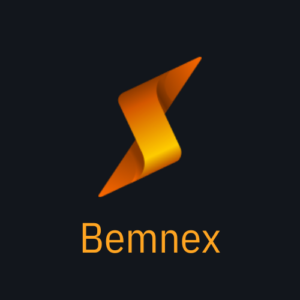Smart contracts are self-executing contracts with the terms of the agreement between buyer and seller being directly written into lines of code. It’s a computer analogue of ordinary contracts. But, unlike a legal contract, a smart contract has no legal force (yet).
Consider an example. The trader and the buyer sign a contract with the terms encrypted in it and put their digital signatures in the algorithm. As soon as the buyer receives his goods, his payment is automatically transferred to the merchant. Neither side has to do anything: the process is fully automated with code. Different nuances can also be coded in a smart contract. For example, if the goods are damaged, the trader receives only part of the amount.
Benefits of Smart Contracts:
🔸 Accurate. If the contract is well programmed, there is a small chance of error.
🔸 Fast Performance. Smart contracts automate processes and do not require any manual operations.
🔸 Secured and cost effective. Smart contracts don’t entail risks, costs and other problems of legal agreements.
🔸 Autonomous. Such contracts remove or gradually reduce the role of trust service providers.
Smart contacts are currently used mainly for cryptocurrency buying / selling operations, but in the future they could make radical changes in many areas – from finance and retail to art and other.

